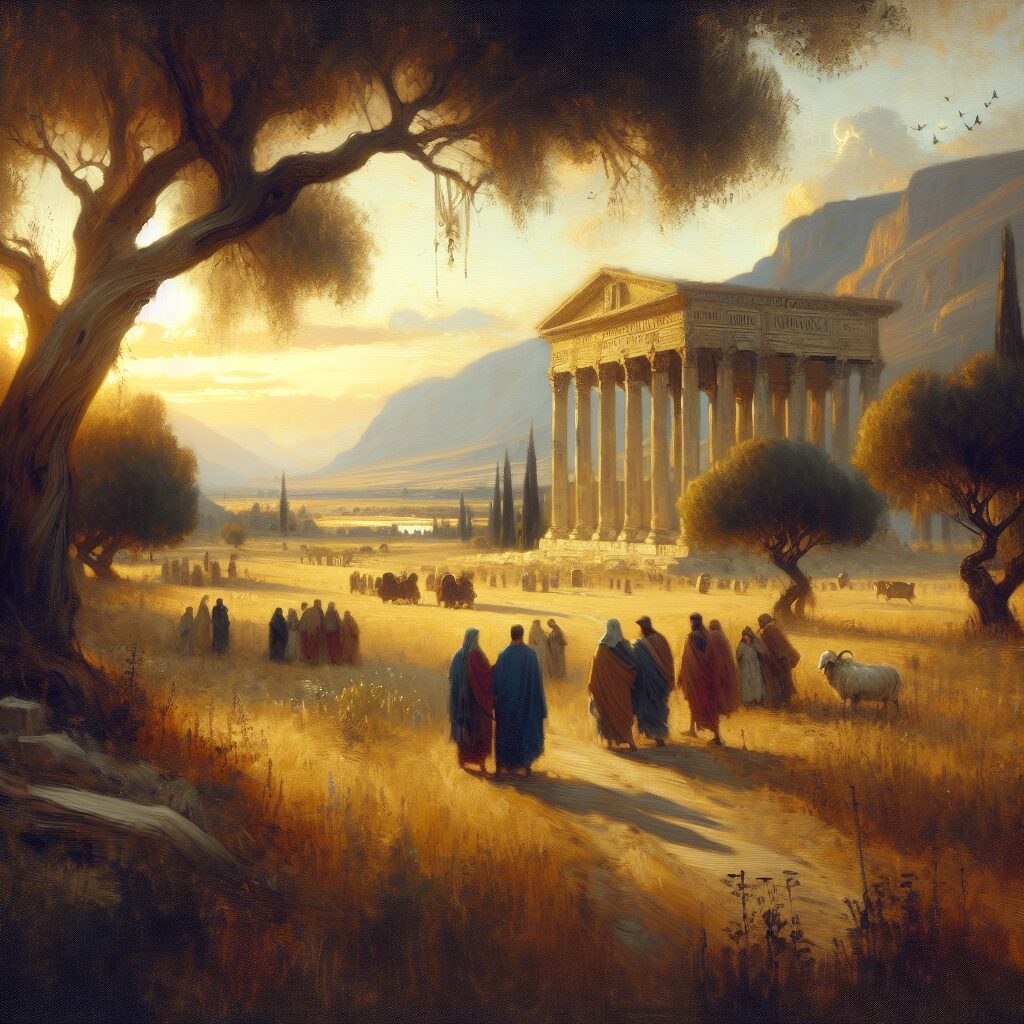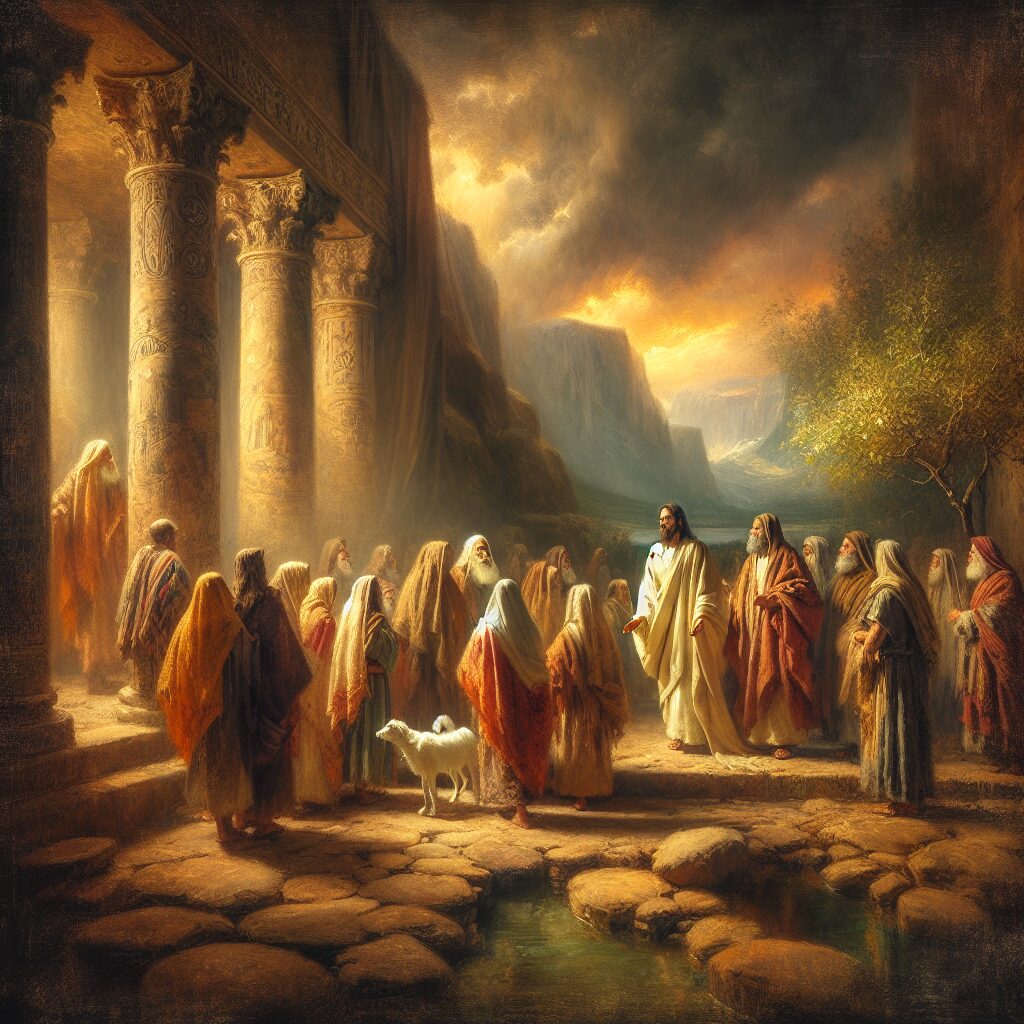Daily Bible Affirmation for January 08, 2021 – Genesis 19:27

Bible Verse
“And Abraham got up early in the morning to the place where he stood before the Lord:” – Genesis 19:27 (KJV)
Reflection
As we step into another dawn with this simple yet profound verse, we are drawn into a scene where Abraham revisits a sacred spot laden with memory and meaning. This location represents a place where Abraham previously engaged with the divine, highlighting his enduring covenant relationship with God. Genesis 19:27 is not just a geographical marker, but a symbolic reflection on the power of habitual prayer and steadfast faith.
The act of rising early to stand before the Lord suggests Abraham’s consistent commitment to spiritual discipline. It’s a gentle reminder for us to nurture our own spiritual lives through regular communion with God. In our fast-paced, modern world, devoting time each day to prayer and reflection can be immensely grounding and fulfilling. Much like Abraham, we can create our own sacred spaces—whether they’re physical spots like a quiet corner of our home or moments of mental reprieve during a busy day—to reconnect with our Creator.
Abraham waking early signifies a sense of hope and anticipation, the beginning of a new day that holds endless possibilities. It calls us to embrace each new day with the same hopeful expectation, trusting that God’s mercies are indeed new every morning. No matter the trials of the day before, God’s love and grace set the stage for fresh beginnings. Abraham’s actions exemplify a life of faith and obedience, one that seeks God’s presence continually and prioritizes divine guidance above all else.
Moreover, Genesis 19:27 encourages us to reflect on the importance of faith in times of uncertainty. Just as Abraham witnessed the consequences and mercy of God’s actions from this vantage point, we too are called to acknowledge God’s sovereignty and seek understanding in both joyous and challenging times. Even when circumstances seem bleak, standing steadfast in faith can reveal God’s plans and purposes in our lives, cultivating growth and resilience.
By adopting Abraham’s practice of engaging with God at daybreak, we can transform our outlook and imbue our daily routines with faith and gratitude. This reflection is an invitation to seek God earnestly, with a trusting heart, knowing that our lives are woven into the larger tapestry of His divine plan.
Closing Thought
Embrace each new day as an opportunity to stand before God with hope and faith, knowing that His love and grace accompany you through every circumstance. Let Abraham’s consistent devotion inspire your spiritual journey, reminding you to find sacred moments amidst the ordinary to connect with your Creator.
Daily Bible Affirmation for January 08, 2021 – Genesis 19:27 Read Post »



